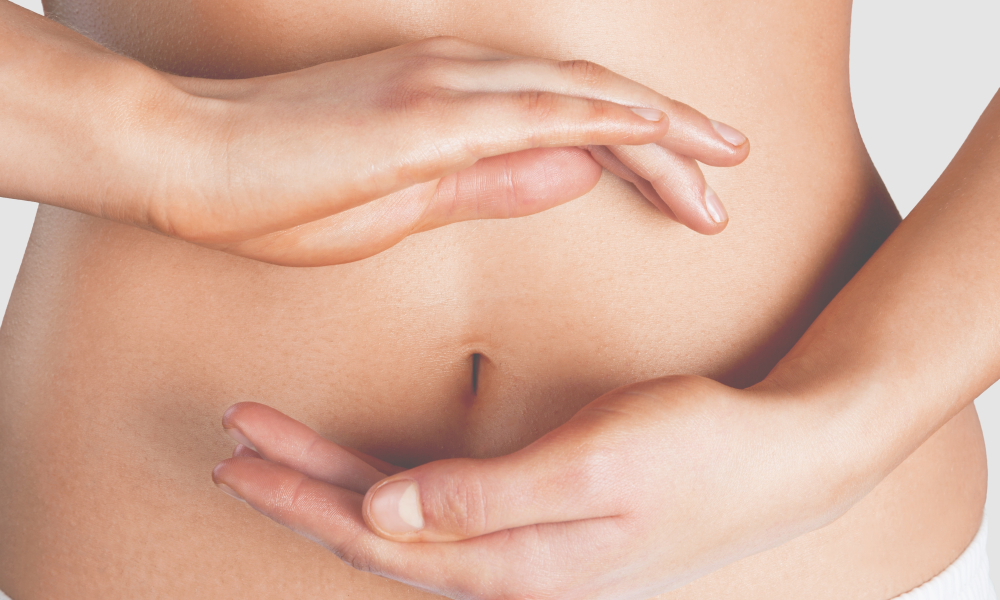It is not just the digestion of food that your gut does. It’s involved in every aspect from immunity to mood. Once that’s off-balance, the entire body feels it. Poor gut health shows up all over: fatigue, bloating skin problems, and brain fog. But the good news? With some focused changes to what you put into your mouth, you can get things back on track.
This’s where a gut healing diet comes in. It’s a simple but powerful way to bring balance back to your body, shrink inflammation, and return energy.
Signs Your Gut Needs Attention
When your digestion isn’t quite on a par, your body will often give you clues. You can recognize the following hints:
- Incessant bloating, wind, or heartburn
- Irregular bathroom habits, i.e., both constipation and diarrhea
- Food reactions like rising intolerances or allergies
- Difficulty concentrating or baggy head
- Regularly tired on waking
- Skin breakouts such as acne or eczema
If two or more symptoms sound familiar, then your gut could be signaling for assistance.
What to Eat for Gut Repair
The aim is to supply the good bacteria with nourishment, decrease inflammation, and help repair a damaged gut. Stick to eating real, unrefined foods, and stuff that your body was meant to handle.
What really works:
- Colorful vegies: A well-rounded array of vegetables, to feed beneficial strains of bacteria
- Healthy oils: Omega-3s in fish, chia, or flax soothe inflammations away
- Fermented foods: Yogurt, sauerkraut, or kimchi provide you with natural probiotics
- Bone broth or slow-cooked meat: Heaps of gelatin help damaged intestinal tissues to heal themselves
- Herbs & spices: Think about ginger & turmeric as having anti-inflammatory properties
For every meal is meant to be your chance to fix and put some real food back into your body.
What to Cut Out (At Least for Now)
In addition to adding in what’s good for your gut, remove damaging substances. Here are the most common culprits:
- Refined sugar: This will support the growth of bad bacteria and yeast
- Milk products and wheat: The common aggravators in modern diets which indeed often provoke inflammation likewise
- Seed oils (e.g., corn oil, sunflower oil): This is no good for your gut health
- Artificial sweeteners and MSG: These might be detrimental to your microbiome (the vast community of bacteria that live in & on us)
It’s worth considering a short-term trial of exclusion diets in order to track down what foods are not working for you.
More Than Just Food: Lifestyle Habits That Help
Your gut doesn’t work in isolation. Daily habits have a big impact on just how well it does.
- Stress less frequently: This could settle your gut down through meditation or similar techniques
- Get enough rest: Aim for seven to nine hours of sleep every single night
- Stay hydrated: Keep yourself well-hydrated with plenty of water, which keeps everything moving right along
- Some exercises: Make sure to go out for a walk or practice some yoga. But do get moving to help yourself digest better.
You needn’t transform your entire life; just try to make more every time each day mindful choices.
Final Thoughts: Your Healing Starts Now
The grind of maintaining a daily discomfort, fatigue, or bewildered state is not inevitable. Small, incremental changes pave the way to feeling better. A diet for curing your gut isn’t a fad—it’s an unremitting process from inside out that rebuilds your health. Stick with it and when enough time has passed both you (and the gut) will be grateful.

